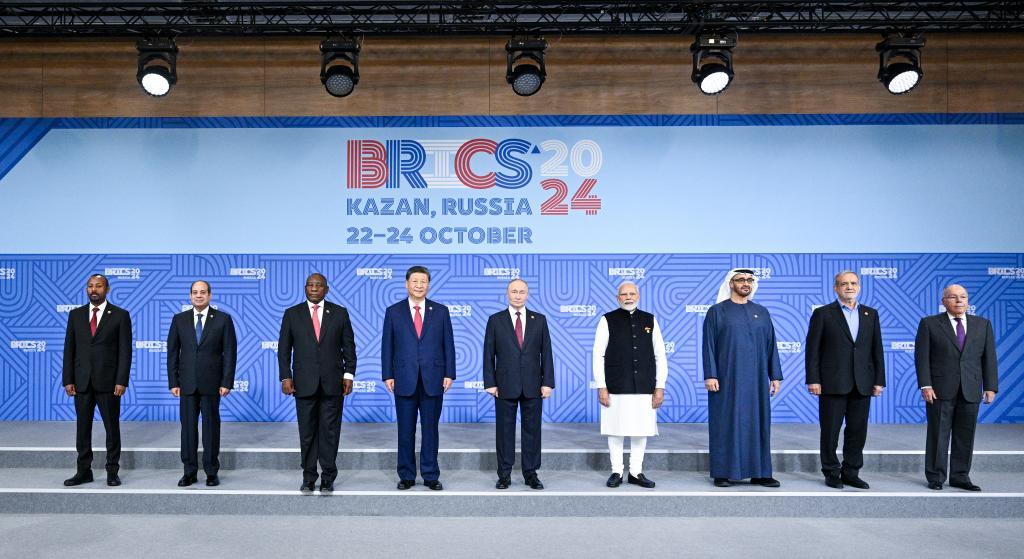
The 2024 BRICS Summit in Russia provided fresh insights into global government attitudes towards Bitcoin and alternative blockchain payment systems. Building on previous discussions, the summit addressed the feasibility of blockchain-based international payments, and how BRICS countries might pivot away from the U.S. dollar through blockchain.
During the preceding BRICS Business Forum in Moscow, leaders explored BRICS Pay, a blockchain-based payment network for both retail and B2B transactions across borders. This system, which may feature its own unit of account, reflects growing interest in decentralized finance and international payments innovation.
Vladimir Putin reinforced this trend by discussing how digital currencies could support international investment in developing economies. Russia, which has been under heavy sanctions, is particularly interested in alternatives to the dollar, aiming for a de-dollarization strategy using local and regional currencies.
Crypto and Blockchain in Focus
At the summit, discussions included the possibility of using Bitcoin for international trade. Reports indicate a potential framework wherein Russian bitcoin miners could sell BTC internationally, bypassing sanctions. Russia’s RDIF and BitRiver partnership is set to establish data centers across BRICS nations, further supporting blockchain infrastructure and AI development.
Earlier this year, Russia passed laws enabling crypto for international trade, albeit not for domestic transactions. There are also speculations about a yuan-pegged stablecoin and another stablecoin pegged to a basket of BRICS currencies to facilitate these shifts.
ECB’s Stance on Bitcoin
The ECB recently released a report criticizing Bitcoin. The report argues that non-Bitcoin holders should advocate for restrictive legislation to prevent its growth, citing potential economic threats. This is a notable shift from two years ago, when the ECB dismissed Bitcoin as “irrelevant.” Meanwhile, BlackRock and other asset managers are actively supporting Bitcoin with new spot BTC ETFs, indicating mainstream institutional interest.
Diverging Global Views on Blockchain
As nations hold differing stances on blockchain and crypto, conversations on these technologies have become central to economic strategies. BlackRock’s BTC support, Donald Trump’s proposal to add BTC as a Treasury asset, and BRICS’ potential blockchain-based payment system highlight this global divide. However, China’s continued ban on crypto, India’s mixed approach, and the ECB’s criticism complicate the outlook.
These contrasting views emphasize the need to differentiate between permissioned blockchains (e.g., CBDCs) and public blockchains like Bitcoin, which operate independently of government oversight. Trump’s campaign opposes CBDCs, citing misuse risks, and promotes BTC’s potential for safeguarding economic freedom.
Bitcoin’s neutrality, noted by its advocates, positions it as a strategic asset in global economic game theory, where the fear of being the last adopter may accelerate Bitcoin adoption among nations.
